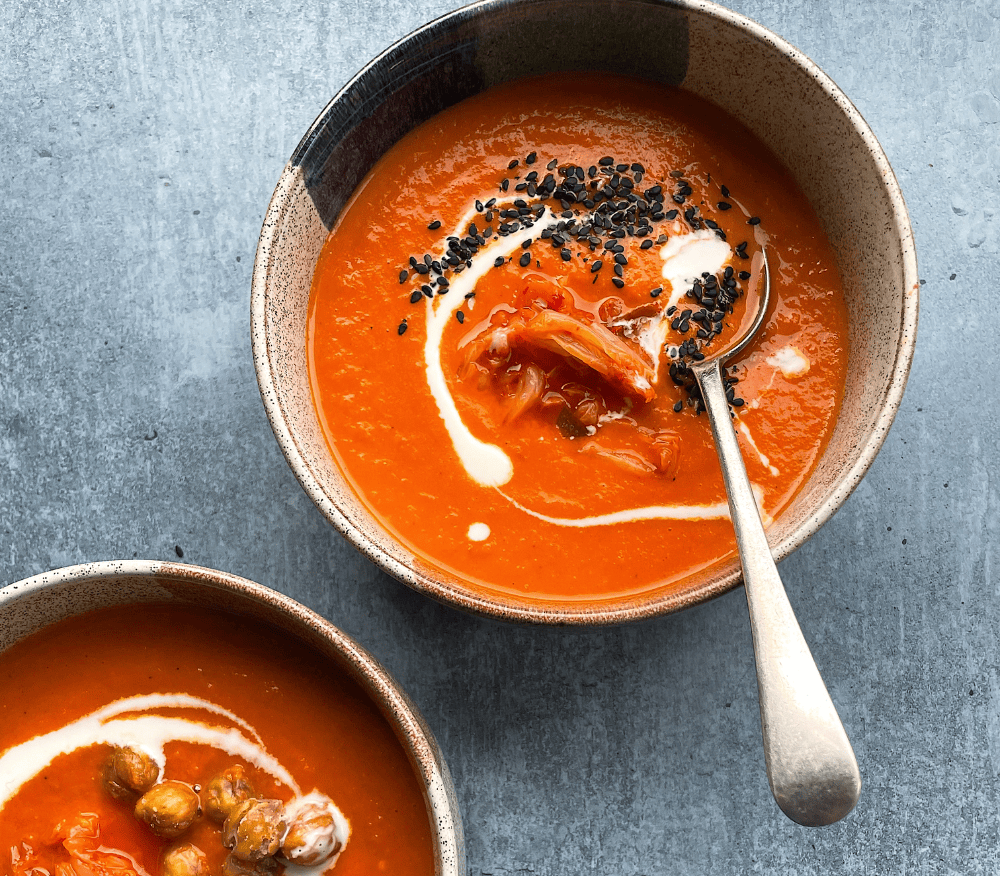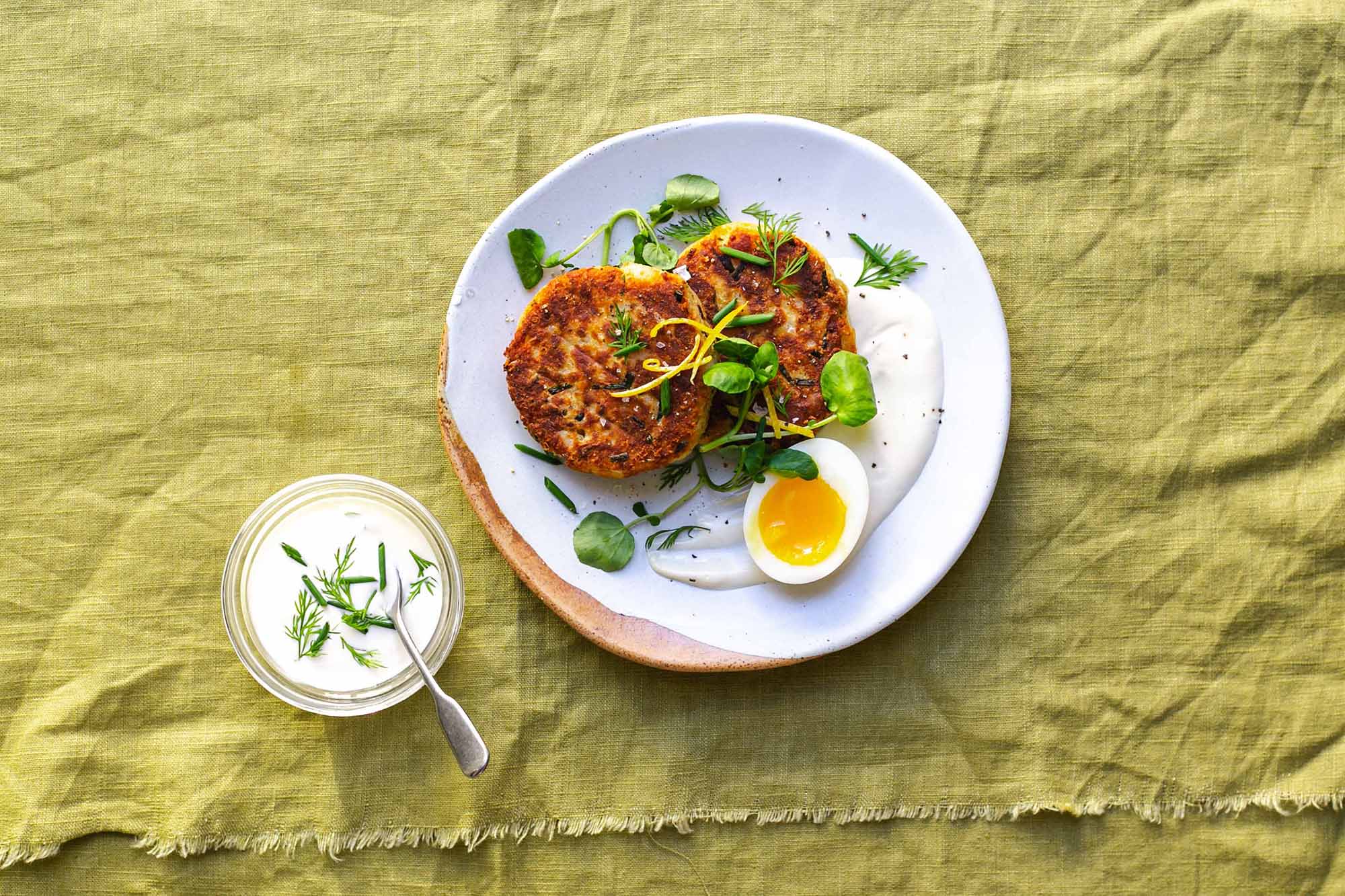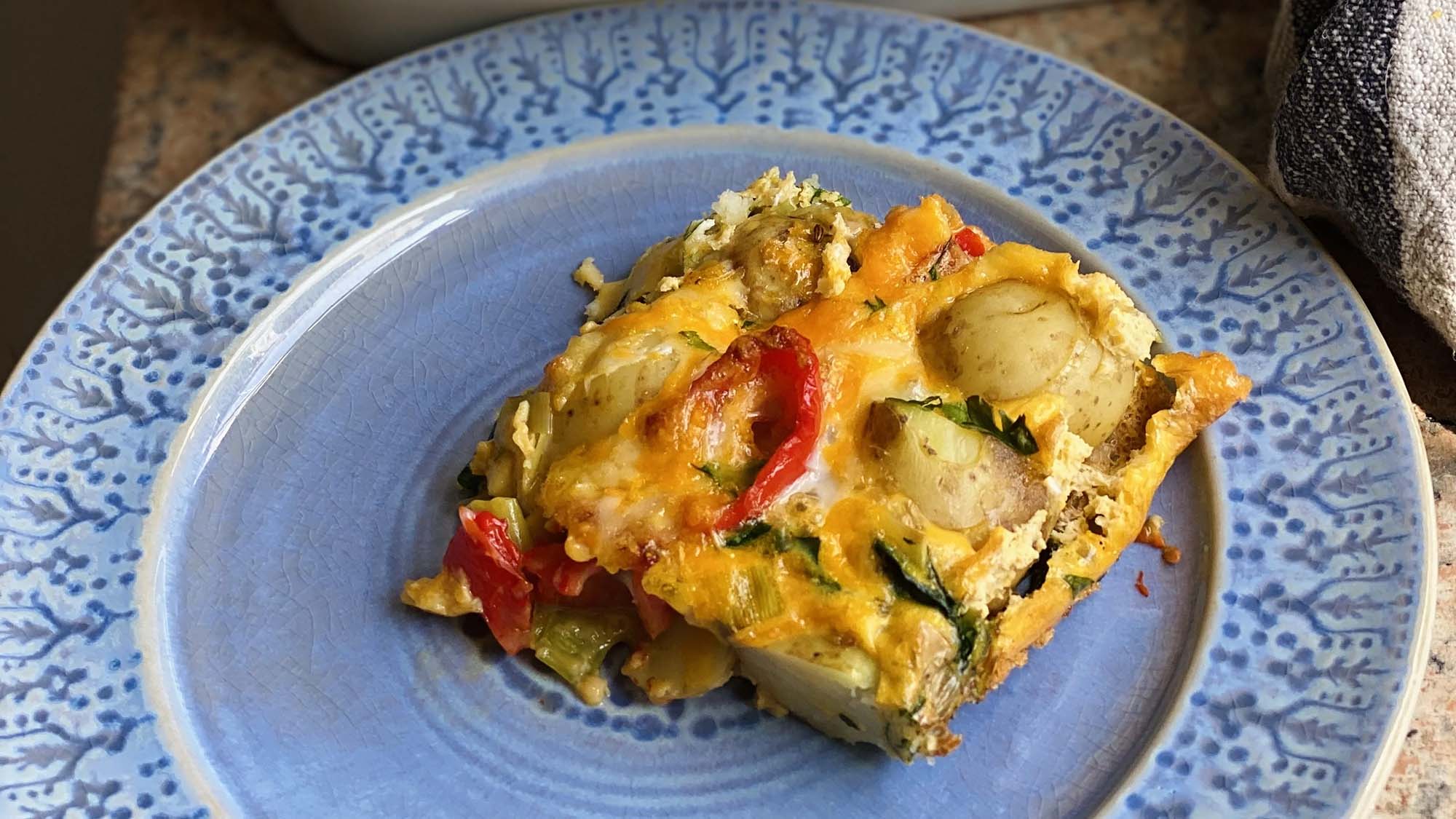September: Week Two
As promised, here is your next round-up of weekly recipe plans that focus on supporting your immunity as Autumn starts to set in. For each recipe, we’ll include some info on how and why some of the ingredients are key for your immune health.
Remember that no one nutrient or food that will be a quick fix for your immune system. Your immune system needs a wide variety of nutrients from different foods to keep it functioning at its best.
Day 1: Creamy Tomato and Kimchi Soup
How does it support my immune health?
Tomatoes and tomato products (e.g. tomato puree, tomato juice) are major sources of lycopene – a plant chemical found in highest amounts in the skin and acts as a powerful antioxidant. Lycopene can increase antibody production by specialist immune cells called B cells. Antibodies attach to harmful invaders - such as bacteria and viruses – and neutralise them.
Kimchi is linked with immune-stimulating effects owing to the presence of bacteria, bacterial compounds, fibre and prebiotics.
Day 2: Miso Mushroom Orzo Traybake
How does it support my immune health?
The beta-glucans (type of fibre) found in mushrooms have been found to increase the activity of immune cells, such as macrophages and dendritic cells. Beta-glucans also act as ‘food’ for your gut microbiome. In return, your gut microbes release health-promoting compounds into the gut, such as short chain fatty acids (SFCAs).
The lentils in this dish are packed with fibre, containing an impressive 8g per half can. Specifically, lentils contain prebiotics – a type of fermentable fibre that acts as ‘food’ for your gut microbiome. In return, your gut microbes release health-promoting compounds into the gut, such as short chain fatty acids (SFCAs).
Day 3: Cheese and Chive Potato Cakes with Lemon Yogurt and a Runny Egg
How does it support my immune health?
Potatoes are often underestimated for their nutritional value, despite being an important source of several immune-supporting vitamins and minerals including vitamin C, iron, magnesium, and folate.
Citrus fruits - including lemons – are rich in vitamin C which supports immune health by neutralising harmful compounds (known as free radicals) that are known to damage cells.
Day 4: Red Cabbage, Apple & Ginger Sauerkraut
How does it support my immune health?
Cabbage is part of the cruciferous veggie group which also includes broccoli, cauliflower, and kale. This group is an important one because it contains distinctive sulphur-containing plant chemicals, including glucosinolates. Glucosinolates are almost exclusively found in these veggie types and have been linked with anti-inflammatory and immune-strengthening effects. In fact, studies have shown a lower risk of gut-related cancers with increased consumption.
What’s more, red cabbage, in particular, is especially high in anthocyanins – the purple pigments. Anthocyanins have potent anti-inflammatory properties and support immune health by neutralising harmful compounds (known as free radicals) that are known to damage cells.
Day 5: Roasted Mediterranean Vegetable Frittata
How does it support my immune health?
Colourful Mediterranean veggies such as courgette, peppers, and tomatoes are packed with a variety of nutrients needed for an optimal immune system.
For example, tomatoes and tomato products (e.g. tomato puree, tomato juice) are major sources of lycopene – a plant chemical found in highest amounts in the skin and acts as a powerful antioxidant. Lycopene can increase antibody production by specialist immune cells called B cells. Antibodies attach to harmful invaders - such as bacteria and viruses – and neutralise them.
Day 6: Kombucha Fruit Jelly
How does it support my immune health?
The berries in this jelly - such as raspberries and blueberries – stand out for their high amounts of polyphenols, such as anthocyanins. These are the red-purple pigments that have potent anti-inflammatory effects and give berries their vibrant colour.
Berries appear to promote the growth of beneficial microbes. For example, mucin-producing microbes that can protect the lining of the gut.
Day 7: Simple Veggie Stir Fry
How does it support my immune health?
Carrots are a rich source of vitamin A and C – both of which are important for immune health. Vitamin A support the function of many types of immune cells including macrophages, T cells and B cells. Vitamin A also bolsters defence against several infections.
On the other hand, vitamin C supports immune health by neutralising harmful compounds (known as free radicals) that are known to damage cells.
Edamame beans contain compounds, such as isoflavones (mainly genistein and daidzein), which are linked with anti-inflammatory effects.
Hungry for more? Dig into the next batch of gut-immune-supportive recipes
Discover more tips to help support your gut-immune connection.










